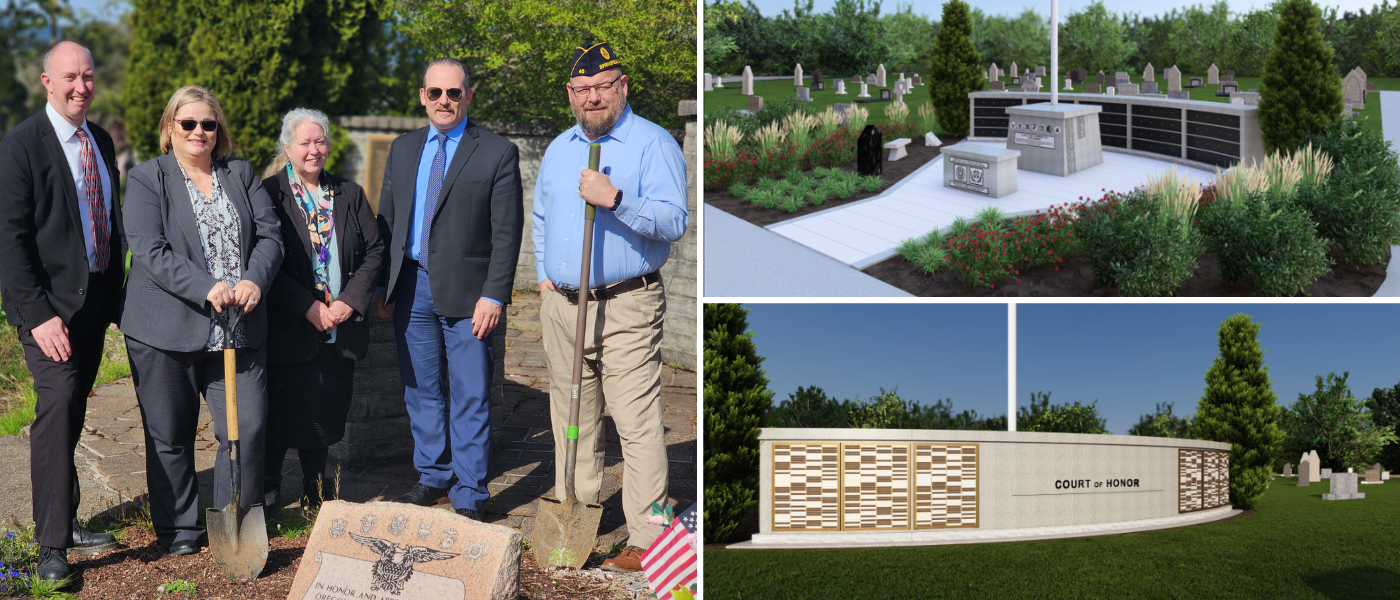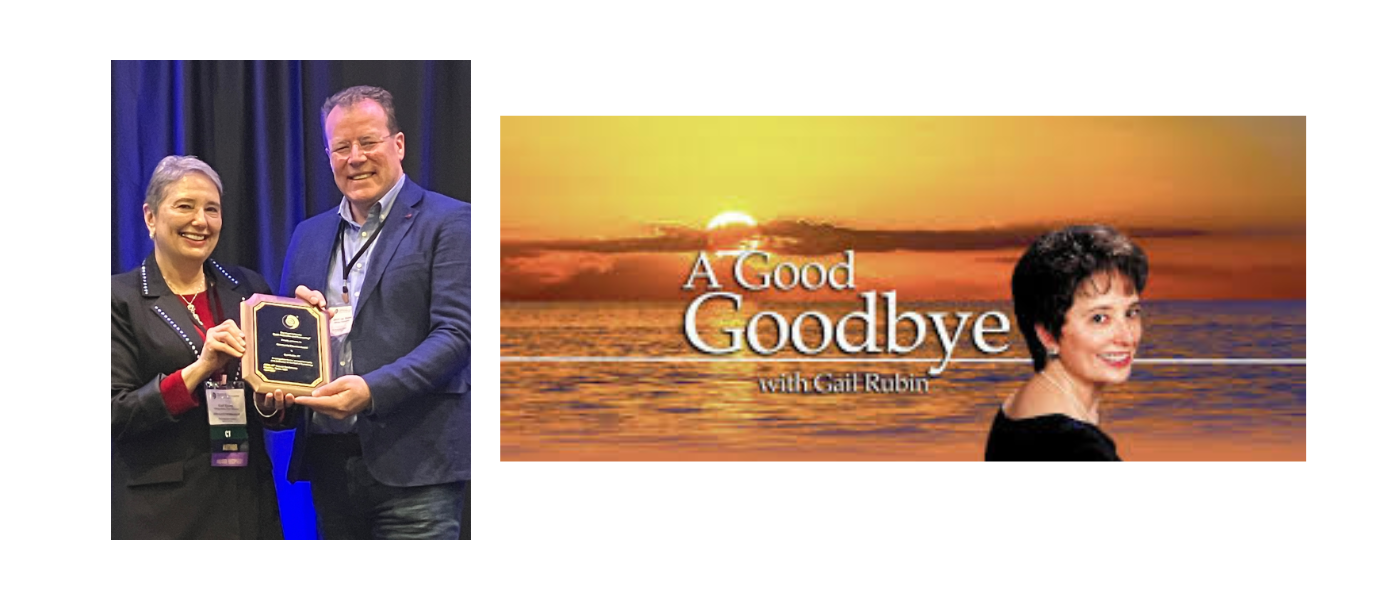Why Facebook Wants you Dead
Originally Published on Medium
Late last week — about the time everyone was checking out for the weekend — a banner quietly appeared atop many Facebook profile pages. This banner, adorned with a simple blue flower, didn’t remind you of past memories or tell you about recent events you’d been invited to.
It simply alerted you — and any friend who visited your page — that you were dead.
The problem was, many of the people who received the banners — including Mark Zuckerberg himself — were undoubtedly very much alive.
For many, a social-media-style “stages of grief” set in: surprise to despair to horror to anger to bewilderment — and ultimately complete and utter confusion. The Internets pounced; people shared, commented, dissected and lambasted. Reporters lunged at the opportunity: The Washington Post said they “‘raptured’ a bunch of users” and the Verge noted they “killed everyone”.
Facebook was apparently equally horrified, and as Friday came to a close, they rapidly backpedalled and the notices vanished as suddenly as they had arrived.
Many consider the banners a complete mistake — an A/B test gone too wide, in too short of a timeframe. Someone pushing the wrong code to the wrong server, so on and so forth. But suppose it may not have been a mistake at all, but a savvy conscious decision: a “beg forgiveness” test intended to evaluate the intersection of social media and death. The results would provide rich data about how people respond to death, clarity on whether Facebook’s data science is working and, as a bonus, a bit of PR foreshadowing their interest in the space.
We’ll probably never know the answer. But it doesn’t really matter. Because the question isn’t really what happened. It’s why it happened.
Facebook recognizes that dealing with death isn’t a choice for them: it’s an element of humanity and interpersonal connection they have to be involved in. People who have profiles on Facebook die. And when they do, the profile page becomes collateral damage.
Facebook recognizes this all too well, and has assigned VP of Product Vanessa Callison-Burch to help them figure out how to “care for the accounts of people who have passed away”. Apparently the focus has been important enough to be designed as 1 of only 3 internal Compassion Projects: something Facebook feels is right to do — for the world and their users — but is unlikely to deliver them immediate revenue opportunities (c’mon, it’s cosmically bad juju to put advertisements on dead people’s pages).
Facebook could, of course, choose to do nothing. But if you’ve ever stumbled upon an actual deceased person’s profile page, you realize this isn’t a choice at all. It becomes a life frozen in digital time; a creepy reminder that many of us never know when death is coming. One minute you’re posting a status update about your ridiculous bellyache from gorging on Halloween candy, and the next post…well…it never comes. Then of course there are morbidly inappropriate birthday reminders and friendship video montages. One wrong notification and someone’s day may be ruined.
Facebook will undoubtedly figure much of this out. They are smart, tenacious and willing to persist even with mini setbacks and failures (remember the privacy issues early in their rise to prominence).




